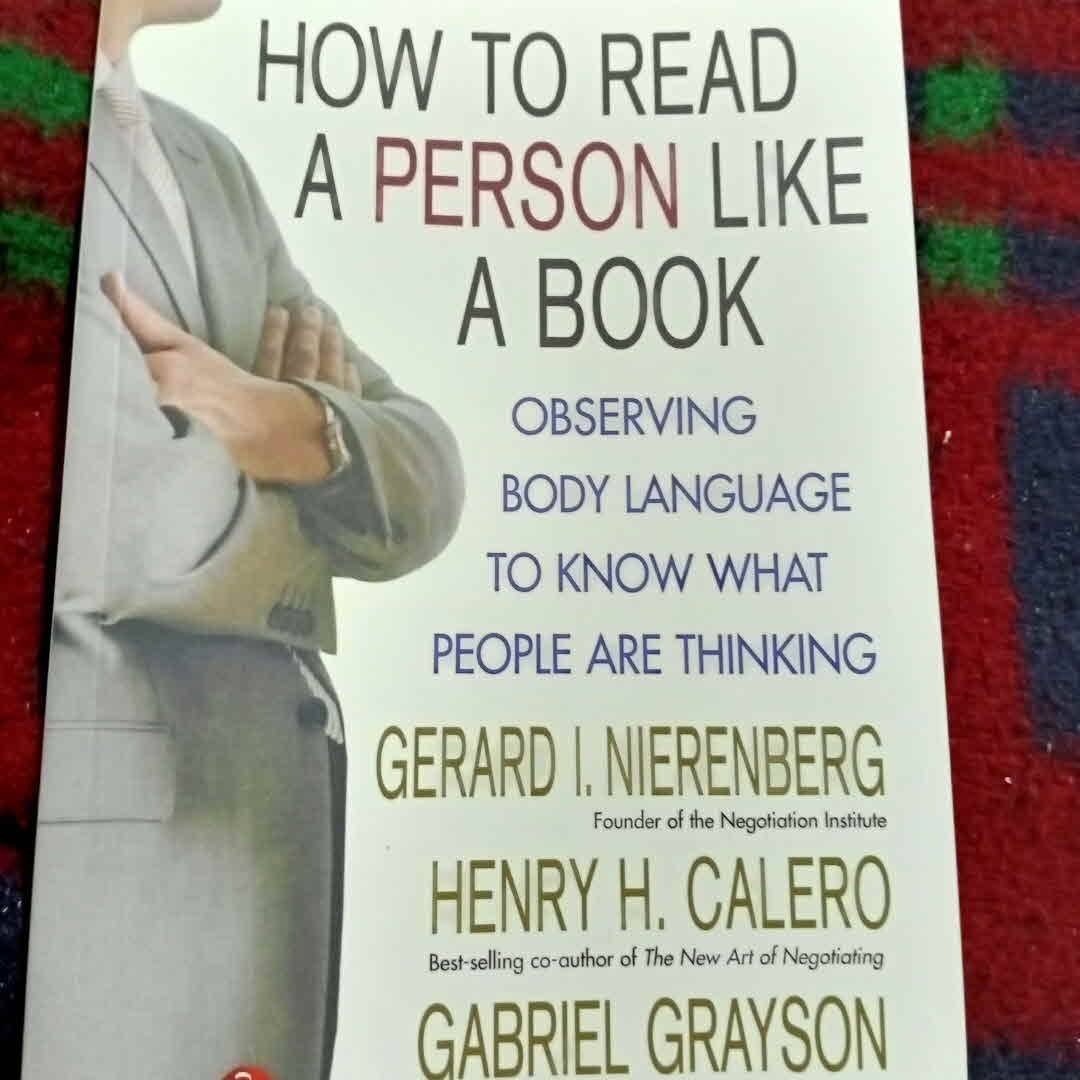
Very Good For Beginners !

Very Good For Beginners !
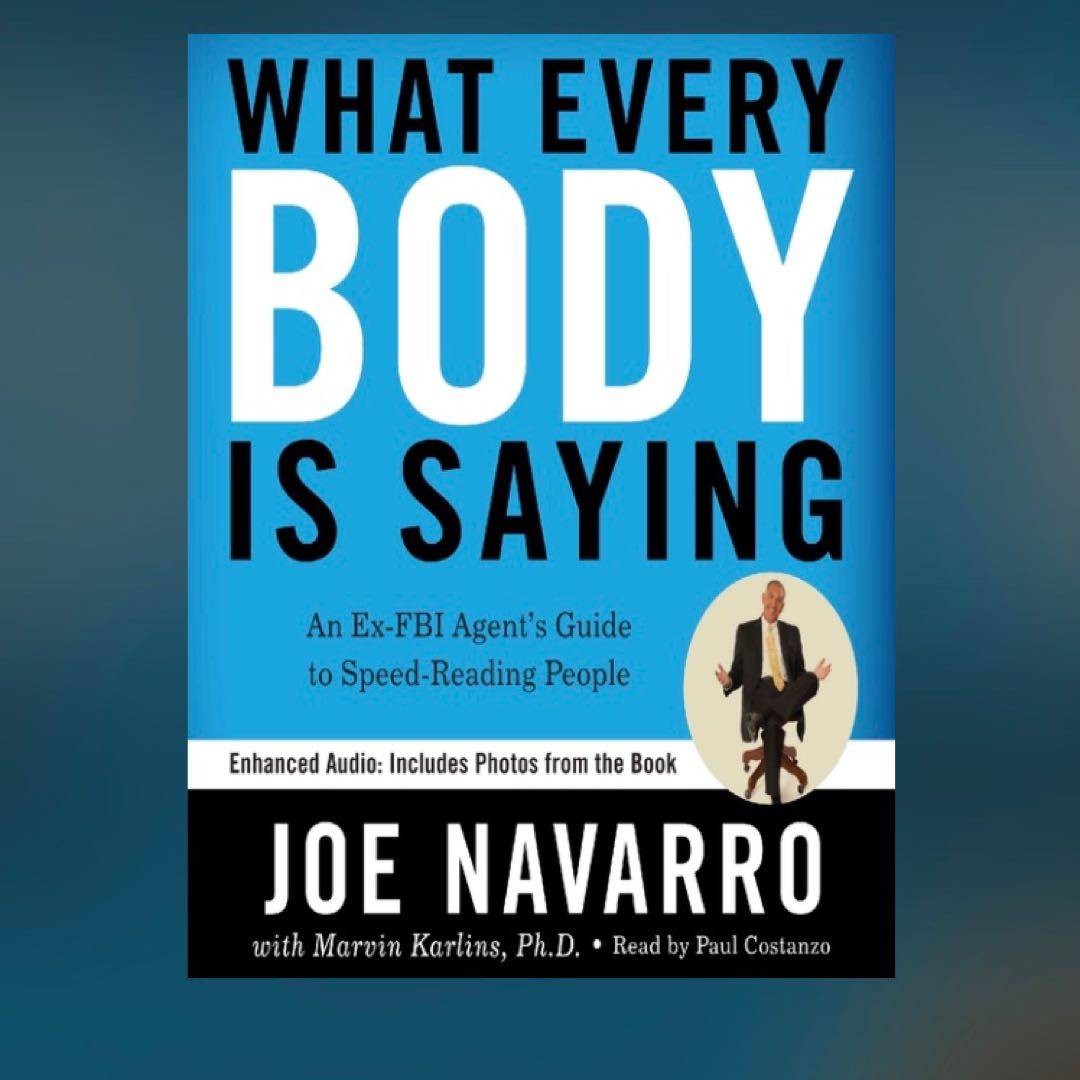
In case you were wondering about some of the books I‘ve been reading to get better at interview and interrogation. This book was all about the non verbals and is useful for anyone who wants to “read” others better.
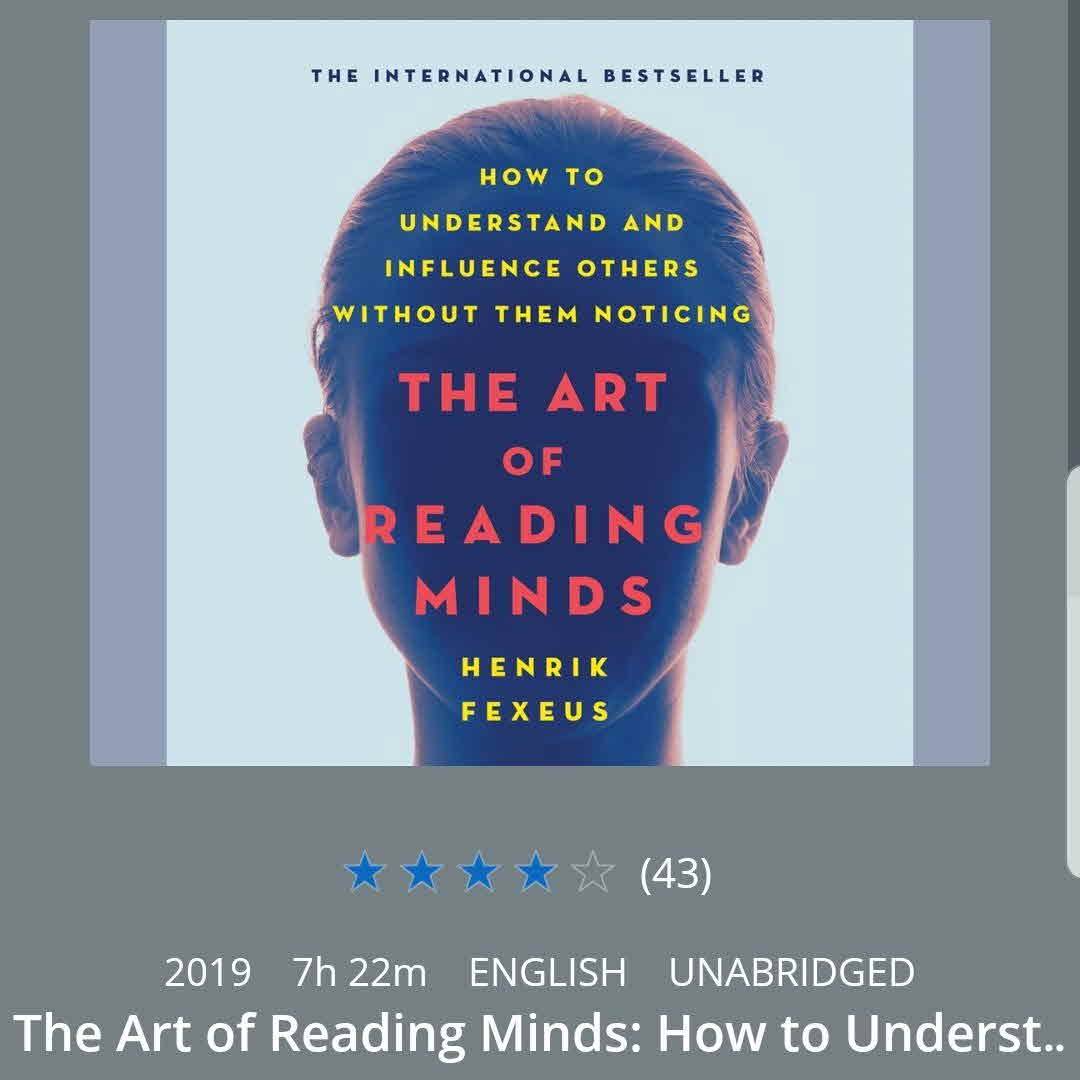
I hardly read non- fiction and so this was a step out of my comfort zone that was *SO* worth it. I promise you, even if you don't care to practice any of what he suggests you will find the contents of this book and the author highly amusing! And you will nod along at certain points recognizing your own or others actions! Plus, ok, maybe some cool party tricks at the end. 😉
Also only audiobook that I've skipped back in and relistened to.
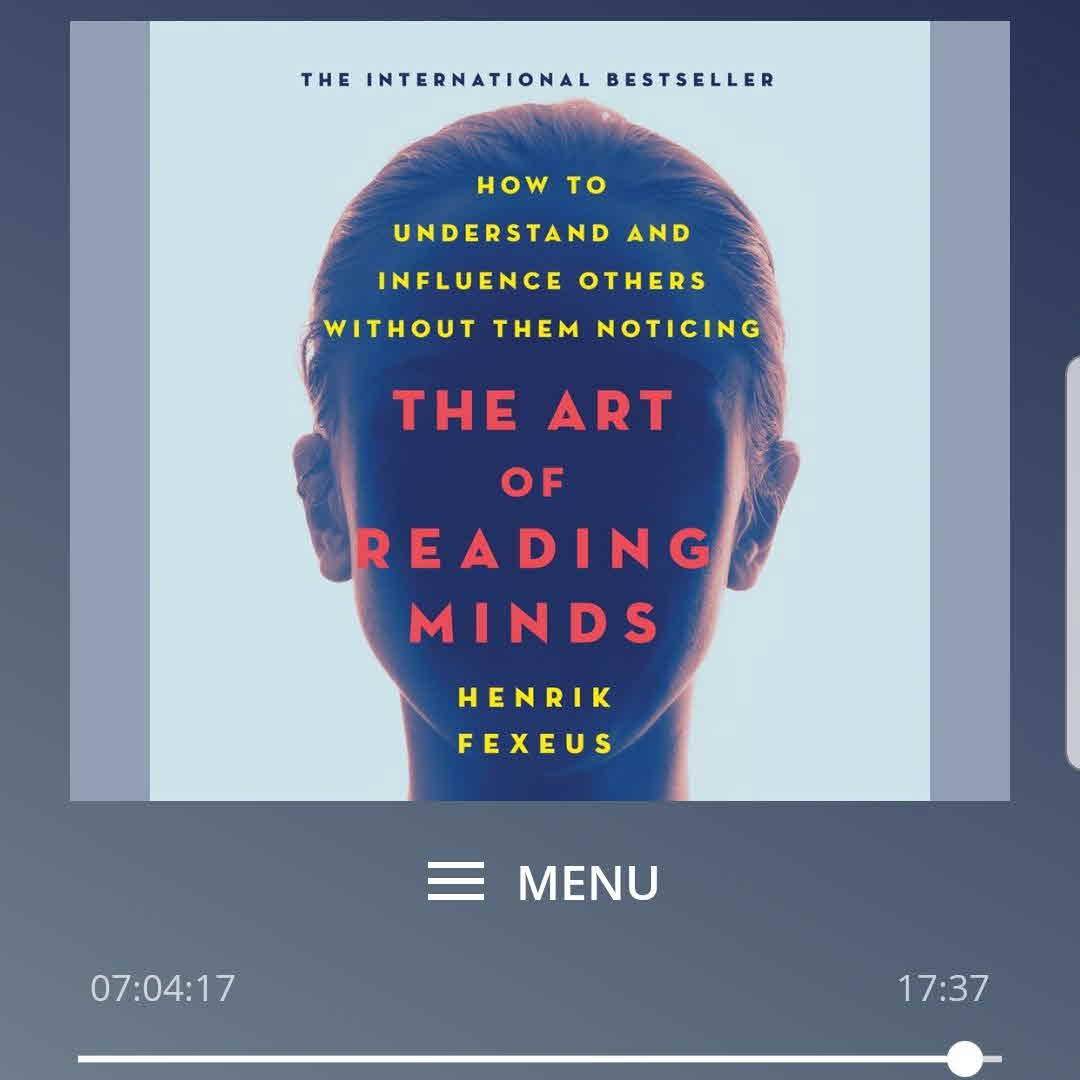
Now he's talking about pendulums! And I love that I feel so backed up by a possible scientific reason (which in fact is how I explain them) when I've always trusted my pendulums even in serious situations. But his description!!! "Patchouli scented things that henne-dyed hair hippies use!" ???
I may love patchouli and I may dye my hair with henna....
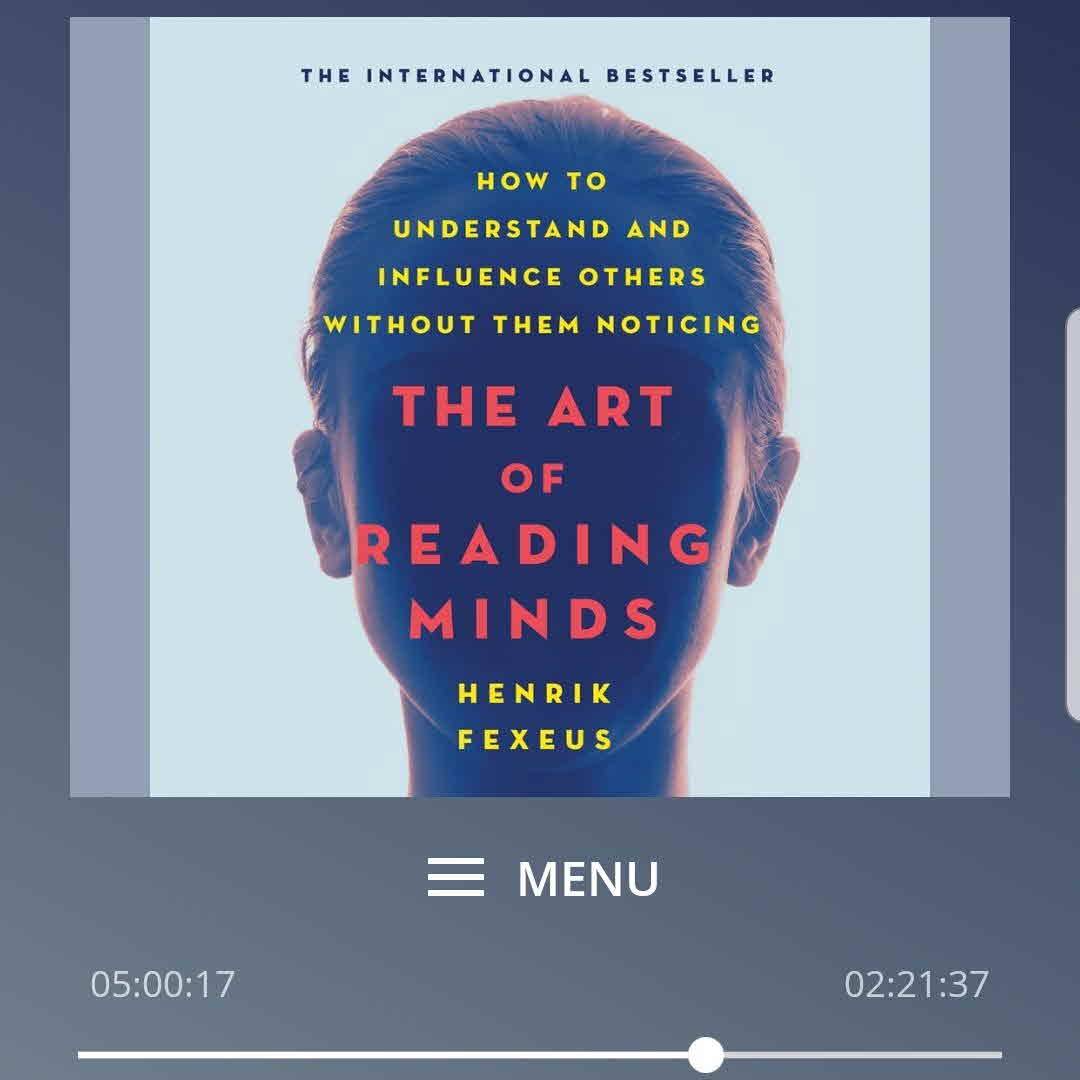
? the beginning of this chapter made me feel better about my flirtatious personality as he says this is really just building directed rapport and natural/good for social animals.
Then he mentioned "flirting" classes where they teach to "caress with your eyes" and lick your lips a lot! My reaction was disgust, which I know b/c he taught me that face earlier on ????
FYI he is not teaching that.
PS. Have I mentioned how funny this author is!?

Here we go, guys! How we flirt, how we are flirted with and, generally, how we all miss these signs! ?
Most of the time I'd consider myself a "flirtatious" person in the sense that society considers someone who talks easily (has that banter) with a lot of people so. But I feel when I'm interested in someone I am the. Most. Obvious. Person. In. The. World! And conversely that no one is interested in me so this will be amusing....
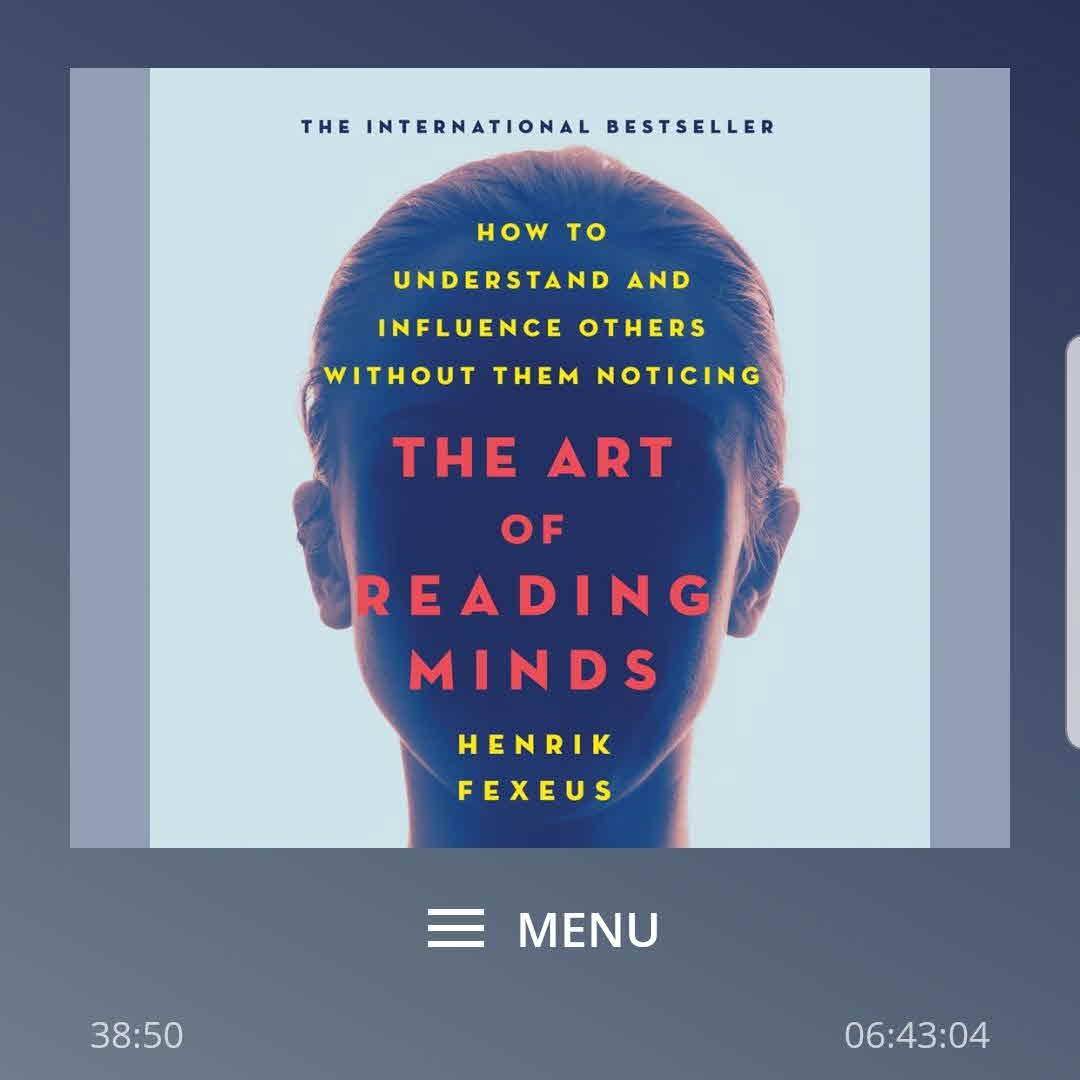
Dealing with difficult bosses/coworkers, trying to make new friends, or date?
I work in a field where communication is key, sorry, where *good* communication is key (altho arguably so does everyone) but recently I've had multiple convos about the various modes in which others communicate I.e. difference between being honest vs forthcoming.
This will be interesting. We already do this but we are going to do it *better*.
C7: It‘s important to look for changes in a person‘s behavior that can signal changes in thoughts, emotions, interest, or intent.
C8: Learning to detect false or misleading nonverbal signals is also critical.
C9: Knowing how to distinguish between comfort and discomfort will help you to focus on the most important behaviors for decoding nonverbal communications.
C10: When observing others, be subtle about it.
C1: Be a competent observer of your environment.
C2: Observing in context is key to understanding nonverbal behavior.
C3: Learn to recognize and decode nonverbal behaviors that are universal.
C4: Learn to recognize and decode idiosyncratic nonverbal behaviors.
C5: When you interact with others, try to establish their baseline behaviors.
C6: Always try to watch people for multiple tells, behaviors that occur in clusters or in succession.